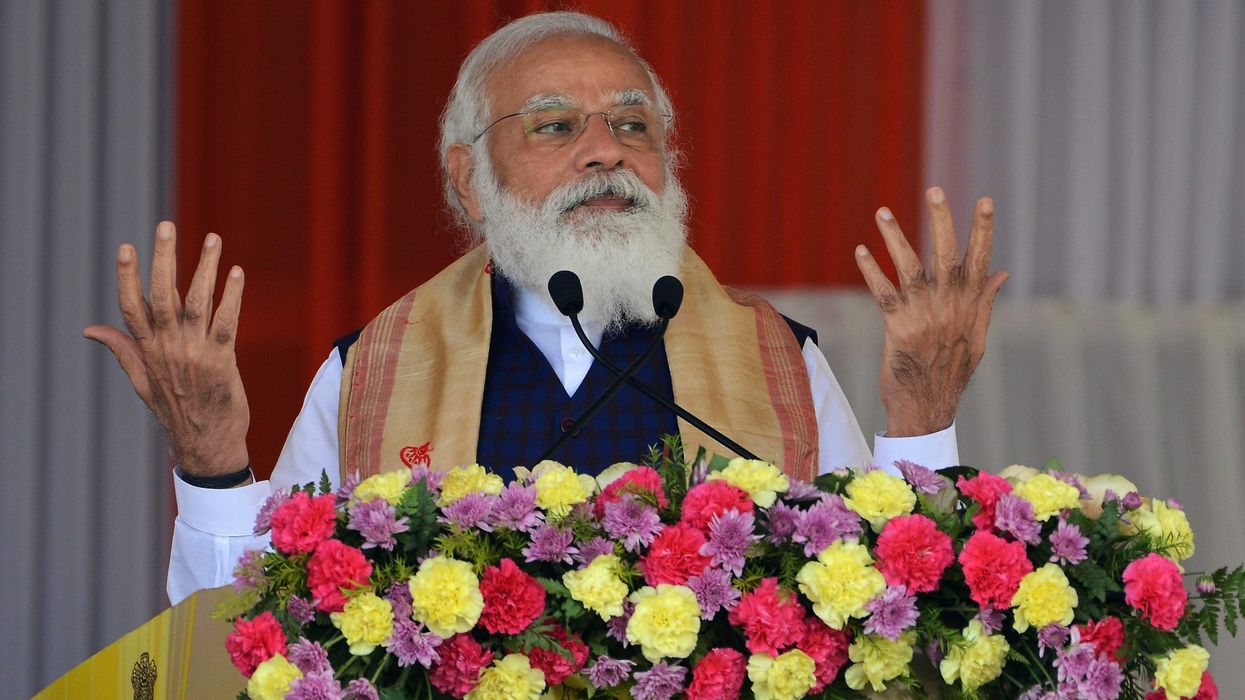THE Narendra Modi government came under fierce criticism on Thursday (22) after India’s tax authorities conducted raids against a popular newspaper and television channel that have been critical of the Bharatiya Janata Party (BJP) government’s handling of the coronavirus pandemic in the country.
While there was no official remark on the raids conducted against Hindi daily Dainik Bhaskar and the Bharat Samachar channel, local media quoted unnamed officials as saying that they had “conclusive evidence of fraud”, AFP reported.
Bhaskar has in recent times carried a series of reports on the devastation that the second wave of the pandemic caused across India in April and May and slammed the government over it. On Thursday, the daily said in its response to the raids that in the last six months, it had sought to “put the real situation in front of the country”.
“Be it the matter of (throwing) dead bodies in the Ganges or... hiding deaths due to corona, Bhaskar showed fearless journalism,” it said.
At the height of the pandemic, poor families in northern and eastern India left bodies of their loved ones in the river or buried them in shallow graves on its banks, perhaps because they could not afford to cremate them.
In June, Bhaskar editor Om Gaur said in an op-ed he wrote in the New York Times that the bodies found floating in Ganga river were symbolic of the “failures and deceptions” of the Modi administration.
'We are not afraid of these raids'
Brajesh Mishra, editor-in-chief of Bharat Samachar, called the raids harassment but said they were not afraid.
“We are not afraid of these raids... we stand by the truth and the 240 million people of Uttar Pradesh,” he was quoted as saying in Hindi on their website.
The Modi government has been accused in the past of trying to stifle criticism in the world’s largest democracy though it has always denied it.
India ranks 142 out of 180 countries on Reporters Without Borders’ 2021 press freedom index.
Opposition leaders like Ashok Gehlot and Arvind Kejriwal, the chief ministers of Rajasthan and Delhi, respectively, slammed the raids and said they were an attempt to scare the media.




